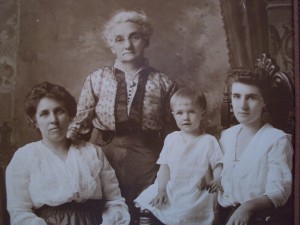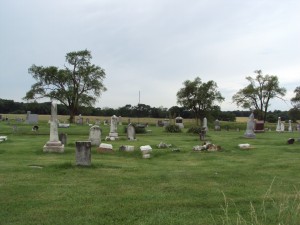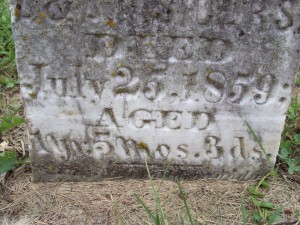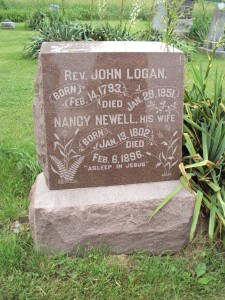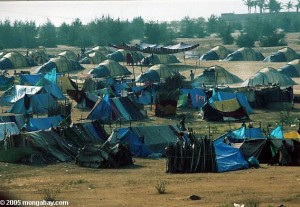Marriage is biblically described as two-becoming-one. A simple visual might be a husband and wife sharing one umbrella, huddled close, clutching the handle together. The two are together inside the one.
Widowhood is a loss of that oneness, which necessitates standing alone beneath the umbrella. That has a familiar feel to it, since independence was the starting point for all of us, but standing alone in widowhood, our umbrella isn’t as straight as it used to be. It flops side-to-side, and after managing it alone for a while, it gets very heavy.
Those of us who were married for decades find ourselves wondering what’s going to happen next. Some hurry into a second marriage, feeling lonely and uncomfortable with the mantle of singleness. Others try to turn back the clock hoping to remake youth’s decisions: a new job, new hairdo, new wardrobe.
A few risk their savings on precarious ventures in a quest for the money husbands once provided. A small number hurt so badly they burrow into widowhood as a permanent identity.
When I became a widow, wise advisers told me not to make any changes for a year. “Don’t move back to Chicago. Don’t give away Nate’s clothes. Don’t join anything. Don’t quit anything. Don’t even rearrange your furniture.”
But we widows find ourselves yearning for a revised life-purpose while still in that recommended holding pattern of preventing change. Eventually, though, the “don’ts” must morph into “do’s”. Although earthly life ended for our men when they died, it didn’t end for us, and none of us should be fooled into thinking we can stay in a partnership that is no more.
As always, we should ask God what to do next. He has a fresh start ready for each of us, a positive purpose for our remaining years, something separate from our marriages. Half-plus-half made one marriage whole, but we’re now half minus half, which is not a marriage at all. None of us wants to continue as half-a-person.
Opening ourselves to a fresh start might seem scary because we love the familiar, but our familiar is gone. Even as I work at writing a book for the first time, I fight nervousness, because the process is unknown and untried. But God brought the opportunity after I asked “what’s next?”, so with confidence in him, I started.
None of us will ever stop missing our other halves. No new beginning can delete what we had, but living inside old memories means missing out on God’s next. Willingly walking with him into the worrisome unknown might even find us closing our umbrellas, because one day we’re going to realize the sun is out, and it’s shining brighter than ever.
“I have a lot more to tell you, things you never knew existed. This is new, brand-new, something you’d never guess or dream up. When you hear this you won’t be able to say, ‘I knew that all along.’ “ (Isaiah 48:6,7, The Message)



